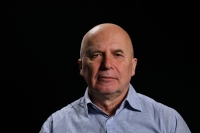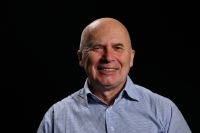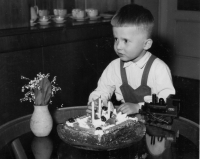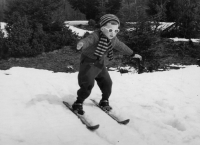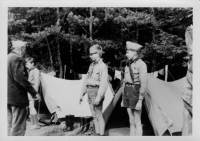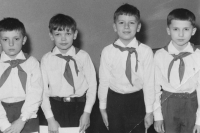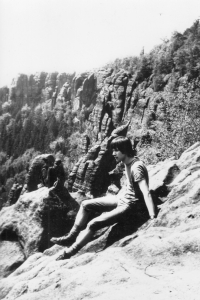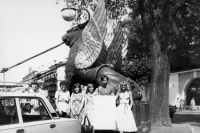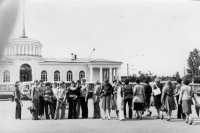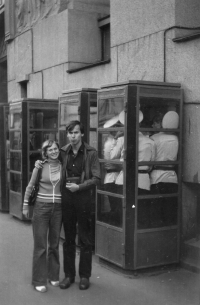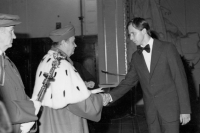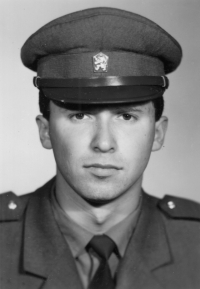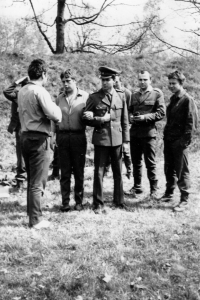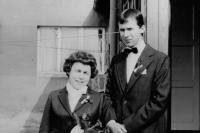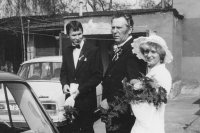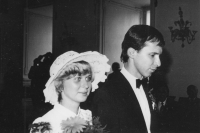He witnessed Aeroflot office smashed up by a riotous mob in Prague at the age of 11

Stáhnout obrázek
Jiří Rak was born in Prague on 14 May 1957. He came from an intellectual family, his mother being an educator at the University of Economics and his father also working in the education sector. In 1969, he briefly became a boy scout before the regime banned the movement for the second time. When he was eleven years old, his parents sent him to a convalescent home in Jetřichovice in the Děčín area where his lifelong love of the region, also known as the ‚Bohemian Switzerland‘ began. As a grammar school student, he organized trips to the countryside for his classmates. His parents disagreed with the 1968 occupation of Czechoslovakia by the Warsaw Pact troops, lost their jobs, and were expelled from the Communist Party. Because of this, Jiří Rak had trouble being admitted to university, but thanks to his mother‘s connections, he eventually graduated. He met his wife Hana at the university, and they married at the Libochovice chateau in 1982. They raised son Martin and daughter Alena together. Having worked with companies dealing in industrial gases for several years, he took up the destination manager job at the Bohemian Switzerland public benefit society in Krásná Lípa in the Děčín area in 2005. In 2008, he went to the Urals as a Linde Technoplyn representative, helping with the rollout of industrial gas sales in Ekaterinburg for three years. He then returned to his former position with the destination agency, and continued working for the agency part-time after retirement. In 2023, the witness lived alternately in Prague and Krásná Lípa.
